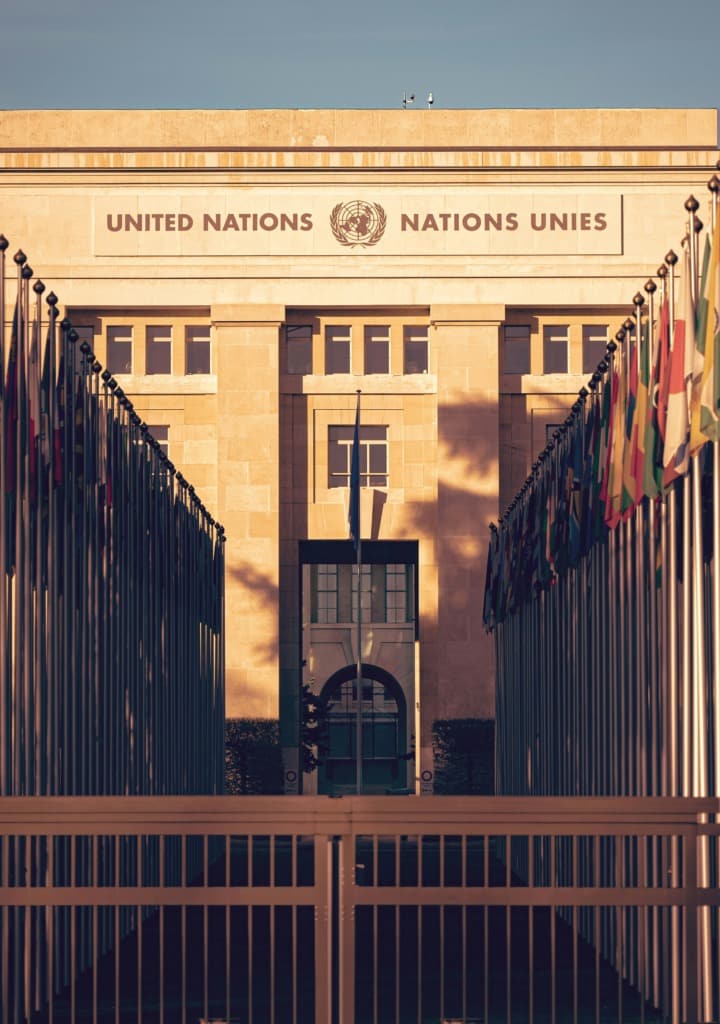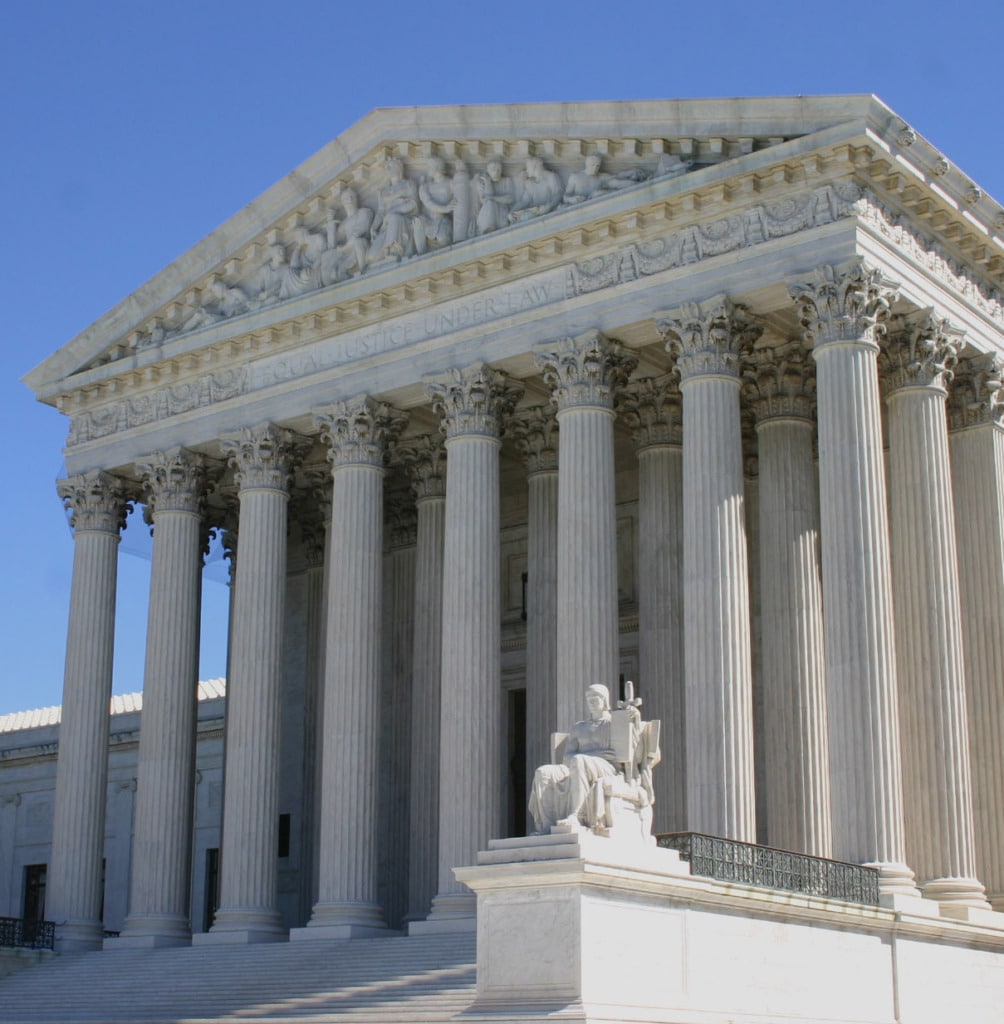Russia’s Lugovoy Law and the Battle for Jurisdiction
Sanctions have not only complicated the enforcement of contracts—they have also begun to affect the forums in which transnational disputes may be resolved. Russia’s so-called “Lugovoy Law” allows sanctioned parties to sue in Russian courts even when they have agreed to have their disputes decided elsewhere, and it is backed by threats of steep penalties….
Continue ReadingWhy Canada’s Terrorism Exception Does Not Violate International Law
Like the United States, Canada has an exception in its State Immunity Act (SIA) for state supporters of terrorism. Canada has put Iran and Syria on the list of states against which claims for terrorism may be brought in Canadian courts. Under the SIA, Canadian courts have found Iran liable for shooting down a Ukraine…
Continue ReadingOn UNRWA’s Immunity
[This post originally appeared at TWAILR and is reprinted here with the author’s permission.] The U.S. government’s attack on the United Nations Relief and Works Agency for Palestine Refugees in the Near East (UNRWA), and indeed on the UN itself, has taken on new form. After instituting an extended freeze on U.S. funding to the…
Continue ReadingServing Foreign Defendants’ U.S. Counsel to Avoid the Hague Service Convention
Plaintiffs are sometimes frustrated trying to serve process on foreign defendants through the Hague Service Convention. Sometimes, they ask federal district courts to authorize service by email as an alternative means. The problem with this, as Maggie Gardner and I have explained in detail, is that that the means of service provided in the Convention…
Continue ReadingSecond Circuit Expands Scope of Anti-Terrorism Act Suits Against Foreign States
On February 4, 2025, in Schansman v. Sberbank, the U.S. Court of Appeals for the Second Circuit ruled that foreign states and their agencies and instrumentalities may be sued under the Anti-Terrorism Act (ATA) for acts of international terrorism, provided that one of the enumerated exceptions to sovereign immunity in the Foreign Sovereign Immunities Act…
Continue ReadingChoice of Law in Terrorism Cases in the District of Columbia
When an Iranian-backed terrorist group operating out of Lebanon detonates a bomb in Israel that kills a U.S. citizen domiciled in Texas, what law governs civil claims brought against Iran in the District of Columbia (DDC)? Some version of this choice-of-law question has been presented to the DDC many times over the past two decades….
Continue ReadingHelms-Burton’s Statute of Repose
Helms-Burton plaintiffs just can’t seem to catch a break. They have struggled to establish personal jurisdiction over foreign defendants, run into issues of foreign sovereign immunity, and found that their property rights have expired. Now, the Second Circuit has held that the Helms-Burton Act’s statute of repose blocks claims more than two years old. Congress…
Continue ReadingRule 19 and Continuing Litigation in Peterson v. Bank Markazi
Last November, the Second Circuit decided in Peterson v. Bank Markazi that Bank Markazi, Iran’s Central Bank, remained immune from suit under the Foreign Sovereign Immunity Act (FSIA) despite the enactment of 22 U.S.C. § 8772, which subjects certain Iranian assets to “execution or attachment” to satisfy judgments against Iran. The district court will now…
Continue ReadingSupreme Court CVSGs in Terrorism Case
On January 13, 2025, the Supreme Court called for the views of the Solicitor General in Borochov v. Islamic Republic of Iran. (This is commonly known as a “CVSG.”) The question presented is whether the Foreign Sovereign Immunities Act’s (FSIA) exception for state sponsors of terrorism, 28 U.S.C. § 1605A, extends to cases in which…
Continue ReadingSupreme Court Grants Cert in Fuld v. PLO
Today, the U.S. Supreme Court granted certiorari in Fuld v. Palestinian Liberation Organization to decide whether the Promoting Security and Justice for Victims of Terrorism Act (PSJVTA) violates the due process clause of the Fifth Amendment. For prior TLB coverage of Fuld, see here, here, here, here, and here. The PSJVTA purports to establish personal…
Continue Reading








